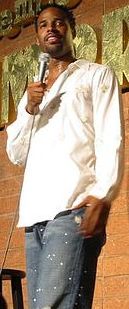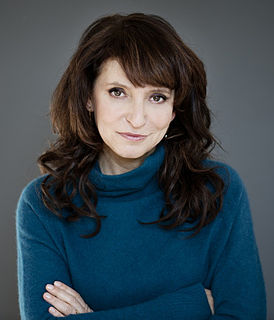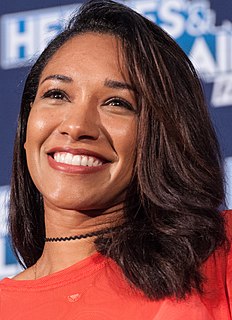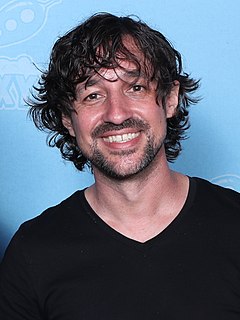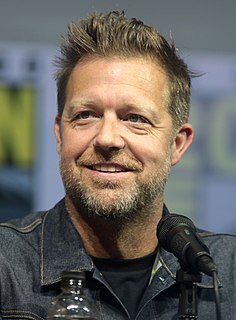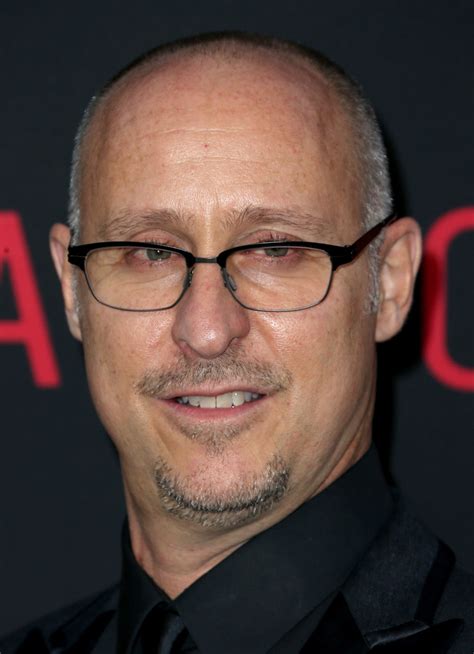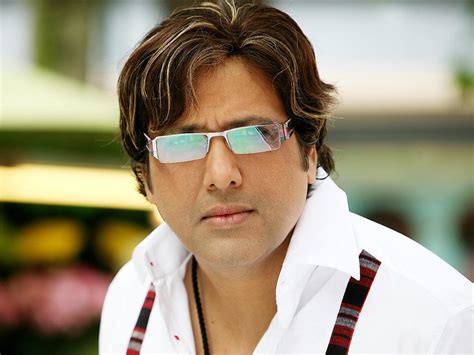A Quote by Shawn Wayans
We all write, but the script is a blueprint. We can lose whole scenes when we're shooting.
Related Quotes
Somebody comes to your house. You know they're coming, so it's not a surprise. And they give you an envelope that has your scenes in it. And they sit in the car outside for a half an hour while you read your scenes, then they ring your doorbell and you give your scenes back. Then you shoot the movie a few weeks later or something. The next time you see your scenes is the night before you start shooting. I never read the script [Blue Jasmine], so I didn't really know what it was about.
I learn my lines in a few different ways. A lot of my dialogue sticks with me in a general sort of way when I read the entire script for the first or second time. Then, when I get the shooting schedule, I have a better idea of what scenes are shooting when. I then will focus on those that are coming up first.
You know, my problem with most screenwriting is it is a blueprint. It's like they're afraid to write the damn thing. And I'm a writer. That's what I do. I want it to be written. I want it to work on the page first and foremost. So when I'm writing the script, I'm not thinking about the viewer watching the movie. I'm thinking about the reader reading the script.
Whenever I'm doing any film, there's always three different things. There's the script, which is really just a blueprint. And then, you shoot the movie and it's an entirely different experience than you would expect from reading the script. And then, there's the whole post process and the editing, and it becomes something else entirely.
I don't think fast enough on my feet in terms of the writing to change the script too much when I'm shooting it. I like to have it set and done and know that I feel good about it and I might add a few lines here and there while we're shooting, if I think of a new joke, I might toss it in, but for the most part, I try to stick to the written script and have all the latitude exist within that.
